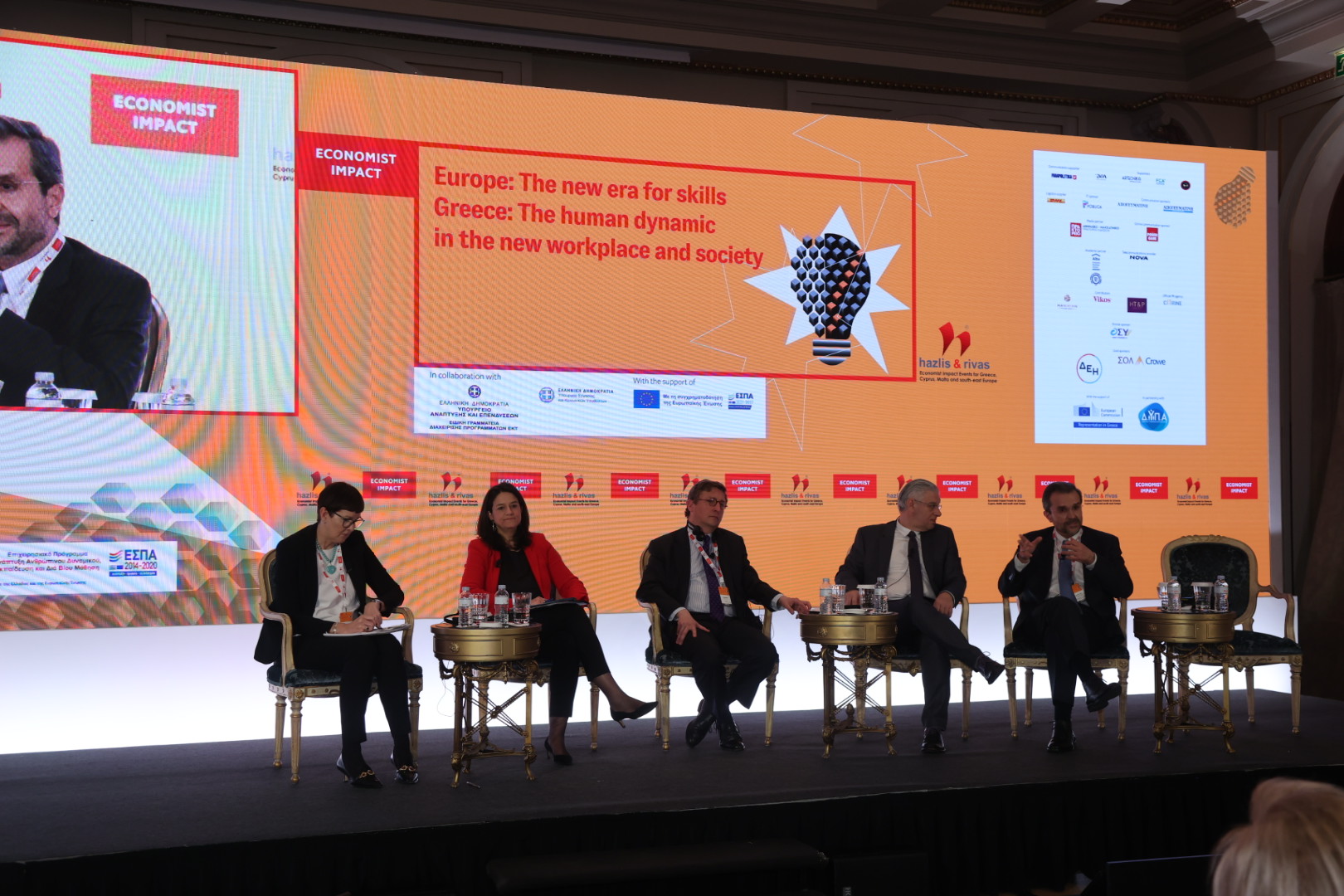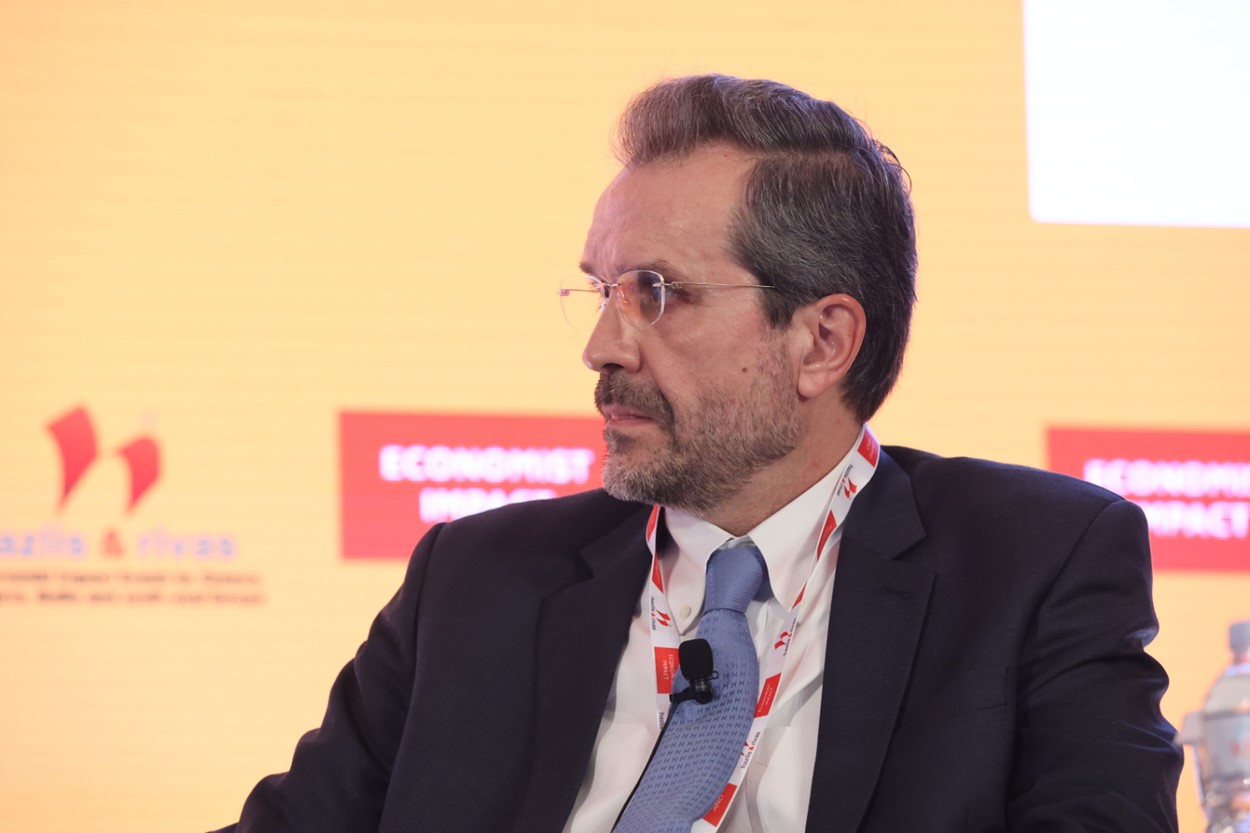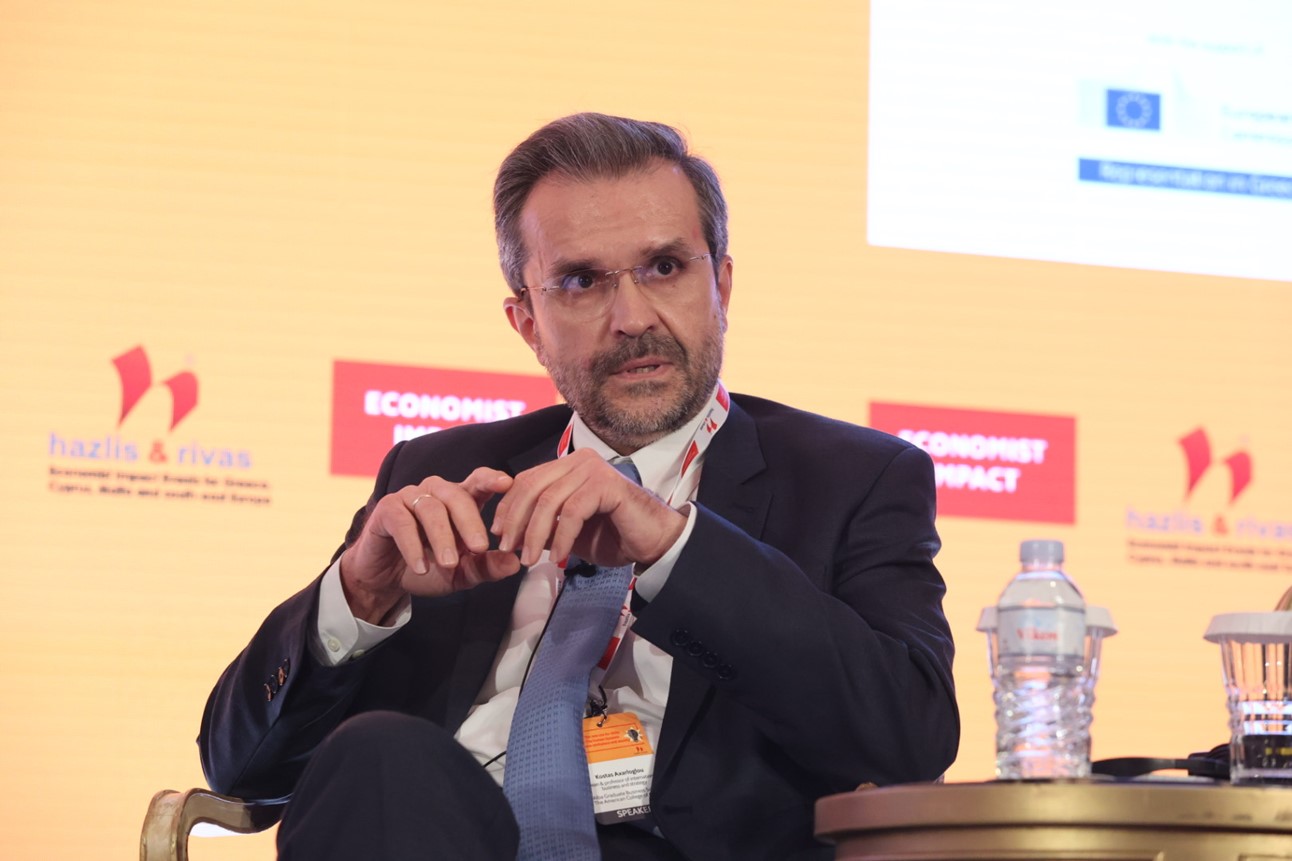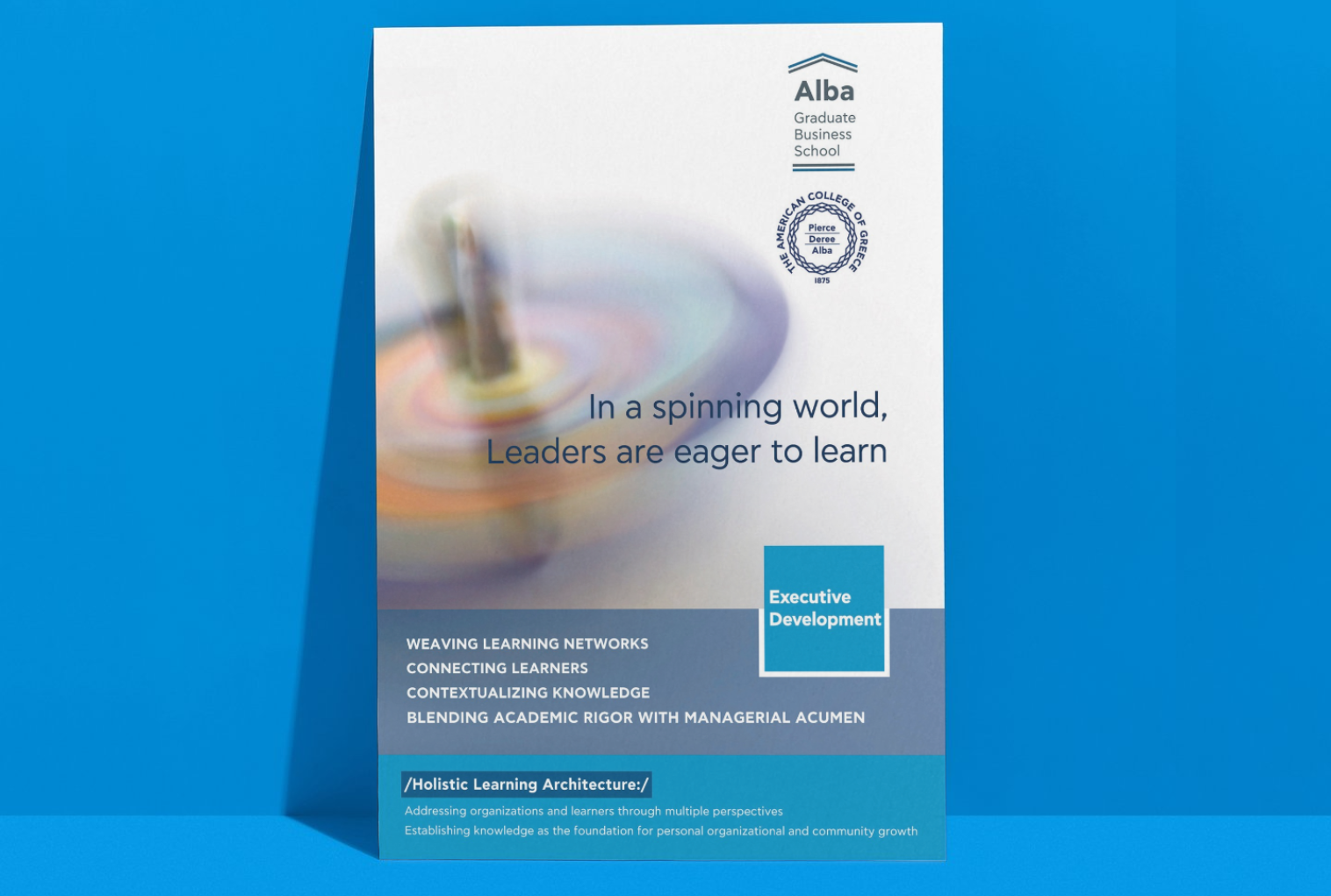On Skills, Competencies and Mindsets and Learning Ecosystems

As the demand for new capabilities in the European Union (EU) gathers pace, the European Commission announced that 2023 is the European Year of Skills. Bringing to spotlight the importance of reskilling and upskilling in enabling the business landscape to become more competitive, the Economist organized a series of events to promote this initiative.
Within this context, The Economist Impact Events for Greece, Cyprus, Malta and Southeast Europe organized the Economist Summit on skills entitled “Europe: The new era for skills - Greece: The human dynamic in the new workplace and society.” It was held at the Grande Bretagne Athens Hotel on February 20, 2023, and brought together luminaries from all over Europe to share their knowledge on how Greece can reinforce its skills environment to remain competitive.
A panel discussion, entitled “Fostering Educational, Transversal and Life Skills,” on the need to stay current in science and training for sustainable competitiveness brought together luminaries from academia, government and the business communities. Our very own Dean Kostas Axarloglou participated in the in-depth discussion with Niki Kerameus, Minister of Education and Religious Affairs of Greece, Stelios Kympouropoulos, Member of the European Parliament, John Edwards, Secretary General of European Association of Institutions in Higher Education (EURASHE), and Stefanos Agiasoglou, CEO of the Public Road Transport.

Dean Axarloglou kicked off his speech with how learning is evolving along with technology and presented three major technological trends. Firstly, technology exploded with the groundbreaking invention called the Internet which was a super fast-moving trend and tool with a vast amount of information and data. Secondly, Google came to stay and made it possible for us to compile the aforementioned data and information and enable us to search and choose relevant results. This leads us to the most recent trend, ChatGPT (OpenAI), which compiles relevant data and articulates an answer to a particular question. Thus, it synthesizes knowledge and as Dean Axarloglou stated “This is just the beginning of AI in knowledge creation and learning.”
Moving on, Dean Axarloglou explained thoroughly the disruptions that technology has caused and how they can be managed. Specifically, he started off by reminding us that globalization amplifies the effects of disruption making skills (unexpectedly) obsolete and emphasizing the need for reskilling and upskilling. Additionally, he stressed an issue of great significance that causes disruptions to companies. That of the talent gap. Companies require certain skills and talents that learning institutions and systems are slowly adopting. Thus, reducing the talent gap.

This point led him to pose this very interesting question: “How can this challenge be managed?”
As Dean Axarloglou stated, “We need to approach this issue from another perspective.” From the academic perspective, there is a need to re-evaluate the model applied as it isn’t ideal anymore. Contrary to the academic industry, the palpable solution for individuals is lifelong learning. Specifically, when it comes to AI in learning, humans need to develop mostly competencies, attitudes, and mindsets as opposed to skills. AI will take over most skills, while humans will need to develop certain competencies (critical thinking, value-based judgement, problem solving, etc.), mindsets, and attitudes (for continuing and lifelong learning) to remain relevant.
In continuation, Dean Axarloglou discussed about his vision, his dream and the emerging solution which includes communicating and learning through learning ecosystems, those inhabited by academic institutions, by companies, by local authorities and organizations and learners. Specifically, he states “The role of educational institutions evolves in being the integrators of learning ecosystems that facilitate the stakeholders of the ecosystem to enhance the learners’ learning journey in their lifelong learning.” Additionally, adding to his last remark, he noted that collaboration and co-creation among the stakeholders of learning (with academic institutions taking the lead) is the way to move forward in facilitating the learners’ learning journey in life.
Watch Dean Axarloglou's speech below:
See the post-discussion statement from our Dean:
During the event the The Alba - Economist Impact Scholarship was also announced ! Acknowledging that continuous learning (even unlearning and relearning) is at the heart of agility, the Economist Impact Events for SE Europe and its academic partner, Alba Graduate Business School, are coming together to offer junior & mid-level executives the opportunity to become relevant and stay relevant in an ever-changing world: A joint scholarship to attend an MBA at Alba and a unique opportunity to enter the futureproof universe of lifelong learning and evolving.





